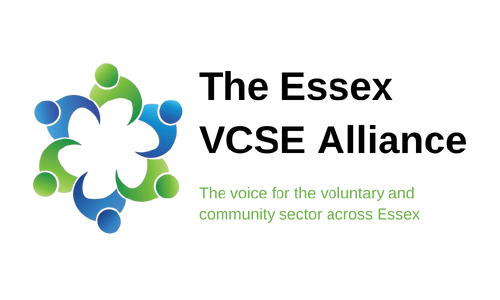The Sector Now
The community and voluntary sector in Essex includes charities, non-profit organisations, social enterprises, volunteer groups and other non-governmental organisations. It is a broad sector, covering areas such as health, care, education, environment, youth services and arts and culture. As well as often playing an important role in delivering skills and employment initiatives and helping people back into work, it is also a significant employer.
According to a report, commissioned by the Essex Community Foundation and produced by the University of Durham, there are nearly 5,000 organisations in the sector employing 17,550 people in Essex and 68% of these are micro or small with an income of below £10,000 or £50,000. The sector also relies on volunteers and it is estimated that there are nearly 95,000 regular volunteers across Essex. Their work ranges from running local food banks to supporting elderly people, producing almost 7 million hours work. The replacement cost of volunteers, if they were paid, would be between £68 million (at national living wage) and £110 million (at 80 per cent of average wage).
The report outlines that ‘the energy the VCSE sector has at its disposal is associated with, but not wholly reliant on its income. In Essex, VCSE sector income is around £1 billion. When all aspects of sector energy are taken into account (including expenditure, volunteer time, sale of free goods and in-kind support), the financial value of the VCSE sector is almost £1.2 billion.’
Umbrella organisations such as the Essex Community Foundation, Active Essex, the Essex VCSE Alliance and Volunteer Essex play an important role in supporting the sector with aspects such as training, funding and advocacy. Alongside government grants, national charities and private donations, it also plays an important role in distributing funds to local charities and organisations. There is a lot of collaboration with the sector and government or private sector organisations in supporting in areas such as mental health, community regeneration and educational projects.








